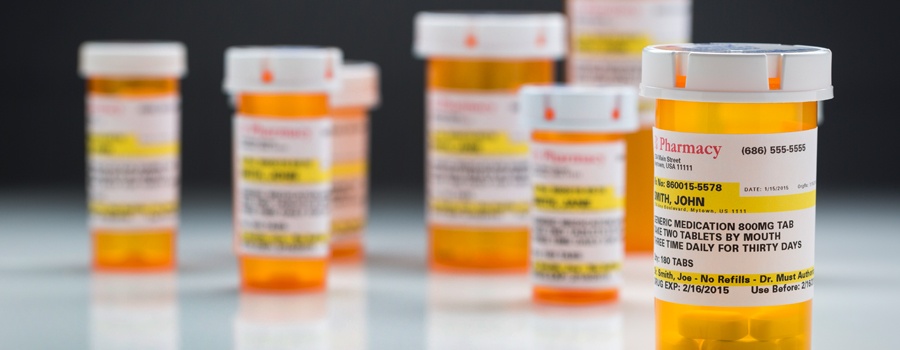Tag: mat
-

Gov. Ivey Hosts Bill Signing Ceremony for MAT Act
Wednesday, Gov. Kay Ivey hosted a formal bill signing ceremony at the Alabama Capitol for this year’s Medication Assisted Treatment Act (“MAT Act”). Flanked by an array of both state and national leaders, the signing of this legislation represents another step Alabama is taking to combat the drug abuse epidemic and help those struggling with…
-

Opioid Use Decreased in Medicare Part D While MAT Increased
The nation has been grappling with an opioid crisis for years. In 2017 alone, there were 47,600 opioid-related overdose deaths in the United States. It continues to be a public health emergency. U.S. Department of Health & Human Services Office of the Inspector General has been tracking opioid use in Medicare during this crisis, particularly…
-

Are You Interested in Becoming a DATA-Waived Physician?
Enhanced Payment Rates Available The Alabama Department of Mental Health is interested in partnering with physicians and other medical professionals who provide medication-assisted treatment (MAT) in the black belt counties and surrounding counties. As part of this initiative, ADMH is currently developing a Center of Excellence (COE) which will be located in one of these counties.…
-

Attention Primary Care Providers: Alcohol and Drug Conference is March 19-21
See also: Are You Interested in Becoming a DATA-Waived Physician? Alabama Department of Mental Health has partnered with the Alabama Department of Public Health on a grant to increase awareness of substance use disorders among primary care professionals. This grant will allow ADMH to pay the registration fee only for any of the following to…